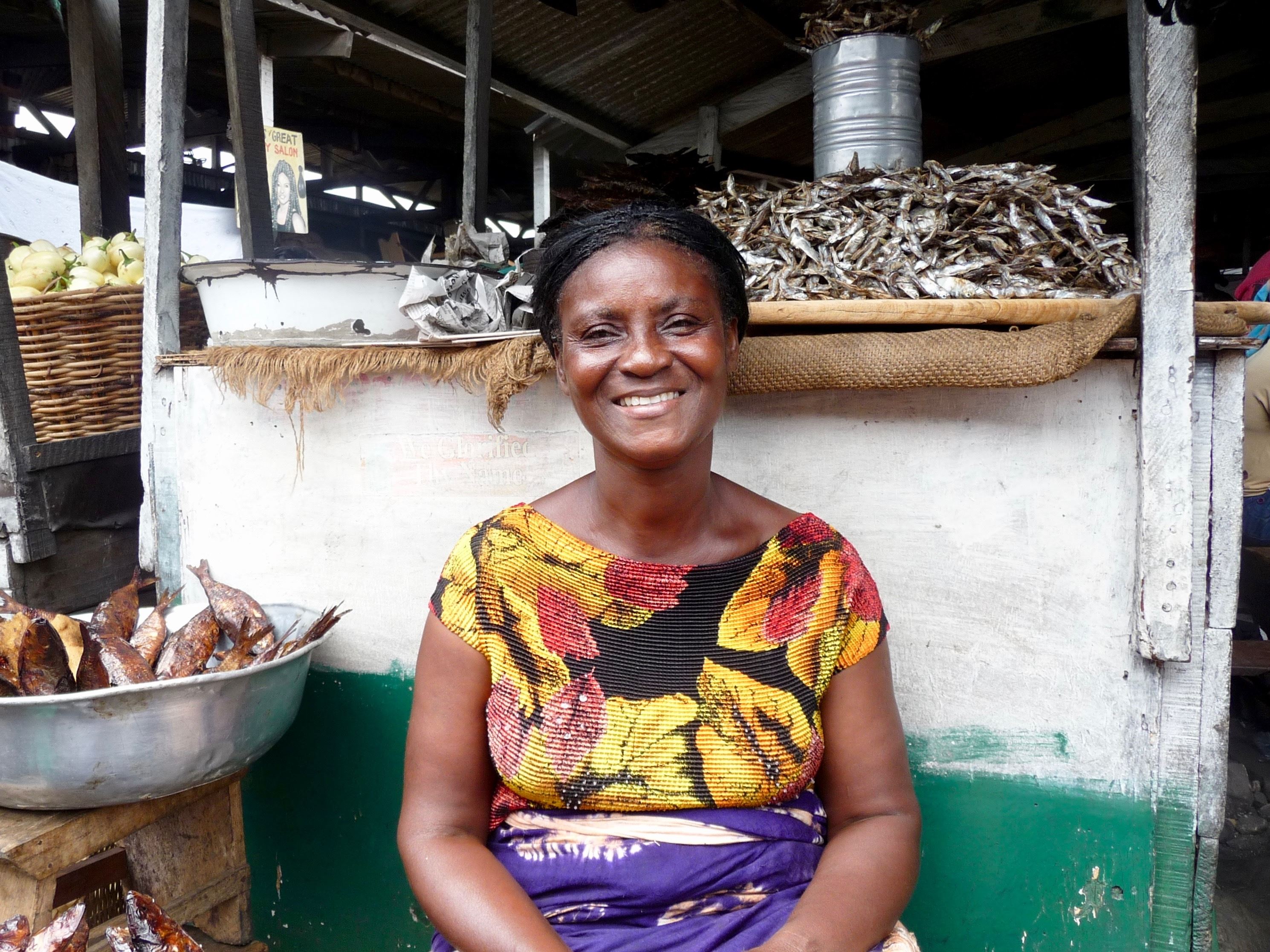
Our target is to be fossil-free by 2030 net-zero emissions by 2040. We primarily reduce emissions through projects that are directly related to our operations. The CO2 emissions generated by our services are calculated as part of our annual environmental calculations.
We used voluntary emissions compensations in Finland concerning postal services since 2011 and as the whole company since 2015. The emissions in Finland were compensated by purchasing offset credits from certified climate projects. We decided not to continue compensation from 2022 onwards. The full focus will be on cutting Posti’s own and value chain emissions, and as we commit to climate science, compensation cannot be used as a tool for reaching our goal – fossil-free transportation by 2030 and net-zero by 2040.
We carried out climate projects in countries that have no emission ceilings. We didn't implement climate projects in Finland or other Kyoto Protocol countries that have binding targets. The projects Posti were involved in included wind power projects in India and Turkey. The projects also had a regional job creation effect.

Here is a list of our last projects. By clicking the link you can find detailed information about the project.
| Project ID | Project Name, type & country | Certifier | 2018 (t/CO2e) | 2019 (t/CO2e) | 2020 (t/CO2e) | 2021 (t/CO2e) |
| GS 347 | Anemon – Wind – Turkey | Gold Standard | -26669 | -30753 | -4000 | |
| GS 368 | Mare Manastir – Wind – Turkey | Gold Standard | -36993 | -25709 | -20970 | |
| GS 413 | Cook Stoves – Energy Efficiency – Ghana | Gold Standard | -22368 | -27742 | ||
| VCS 249 | Tamil Nadu – Wind – India | VCS | -61992 | -56064 | -5000 | |
| VCS 650 | Punjab Power Generation – Biomass – India | VCS | -20664 | -21120 | ||
| VCS 1867 | Ningxia Xiang-shan – Wind – China | VCS | -101413 | |||
| VCS 1768 | Kamuthi – Solar – India | VCS | -100000 | |||
| GS 1322 | Balabanli – Wind – Turkey | Gold Standard | -20000 | |||
| VCS 1867 | Ningxia Xiang-shan – Wind – China | VCS | -28587 | |||
| VCS 1742 | Himachal Prades – Hydroelectric – India | VCS | -186433 |
All our projects can be seen on open registries: Gold Standard and VSC. Below you can find examples of certified projects (in brackets the name of the certifier) in which we have participated.
Cookstoves in Ghana (Gold Standard)
Simple and efficient cookstoves utilize biomass, such as wood, better and more cleanly than their predecessors. They save money and time for the local families by reducing the quantity of fuel required. This also saves forests. More than 2.7 billion people, or a third of the world’s population, depend on burning biomass for cooking, such as wood or charcoal.
Renewable energy in India (VCS)
A plant in the state of Punjab produces clean energy from biomass. The plant powers 115,000 households by generating some 90,000 MWh of energy per year. It uses local agricultural waste, namely the stems of cotton and mustard plants, as its fuel. The farmers earn an additional income by selling the biomass. The plant also provides jobs for the local community in plant maintenance, transport and storage operations. The employment effect is 236 people during the operation of the plant.
Wind power in India (VCS)
This wind farm in Tamil Nadu, southern India, produces some 817,000 MWh of electricity per year, enough for as many as 500,000 local residents. Renewable energy is crucial in India, as the energy needed to meet the growing demand would otherwise be produced by using fossil fuels. Switching to renewable energy reduces emissions and improves the health of the local population.
Wind power in Turkey (Gold Standard)
This project is a wind farm located in Marmara, Çanakkale Province. The strong permanent winds in this area provide the perfect conditions for a wind farm. The wind farm consists of 38 turbines with a capacity of 800 kW per turbine. The annual output of 108 GWh is fed into Turkey’s national grid. This quantity of electricity provides clean energy for 37,000 Turkish households per year.
The Mare Manastir wind farm, Turkey (Gold Standard)
This project is located in Alaçatı, about 70 kilometers from Izmir, on the coast of the Aegean Sea. It consists of 49 wind turbines installed 50 meters above ground. Their combined capacity is 39.2 MW. The wind farm takes advantage of the strong winds in this coastal area and generates 129 GWh of clean electricity per year. This quantity of energy covers the annual needs of 65,000 Turkish households.